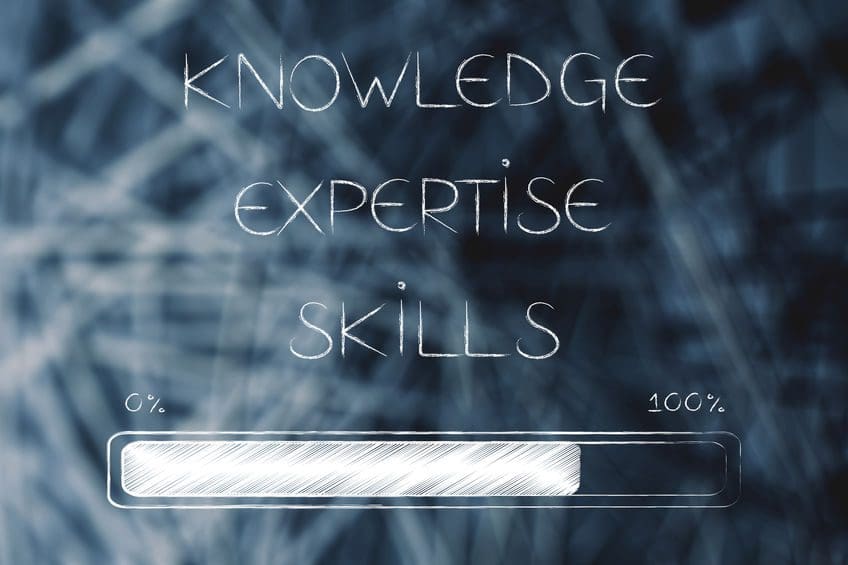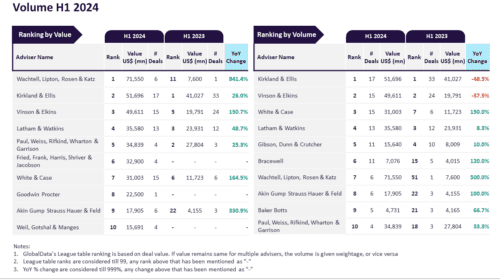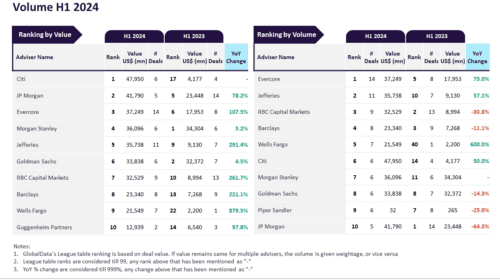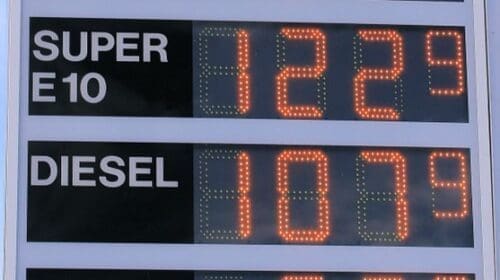The Independent Project Analysis (IPA) Industry Analysis reported in 2011 that 78% of projects experienced cost or schedule overruns. In 2014, the Ernst & Young Global Ltd. (E&Y) Spotlight on oil and gas Megaprojects reported that 64% of projects experience cost overruns and 73% of projects experience schedule overruns. In 2014, Bent Flyvbjerg’s What You Should Know about Megaprojects and Why: An Overview reported that budget and schedule overruns are not a new phenomenon for oil and gas or other project-based industries.
In 2013 the Canadian Manufacturers & Exporters (CME) Oil Sands Manufacturing report revealed a pivotal finding that plagues oil sands and other industrial projects: strategies are needed to improve dialogue between the owners and suppliers, and to strengthen supply chains. All stakeholders desire decreased cost and downtime, increased efficiency and predictability, and improved competitiveness.
The CME recommended the creation of detailed how-to guidelines. Unfortunately, neither the CME, nor the parties that require these guidelines, have produced anything of note. Fortunately, the KT Project is positioned as a premier provider of these how-to guidelines and training for the supply and delivery of successful projects. Now owners, engineering and procurement (EP) companies, and suppliers can exploit knowledge transfer to improve communication, increase understanding and drive project success.
Founded in 2018, the Knowledge Transfer Project (KT Project) provides solutions for projects plagued by small and large cost and schedule overruns. KT Project resources support the successful supply and delivery of oil and gas (O&G) projects, and projects in other sectors (e.g., industrial, infrastructure, mining, and power). These resources improve communications, increase understanding, and provide best practices to strengthen supply chains and save organizations significant money and time. These resources leverage knowledge transfer, which comprise decades of valuable experience and knowledge.
About the Founder
KT Project founder Roy O. Christensen is a Welding Engineering Technologist who has over 35 years’ experience. He has worked as a Pressure Welder, Non‑destructive Examination (NDE) Technician, Third Party Inspector, and a Welding/Coating/Civil Pipeline Inspector. Since 1998, he has worked as an Inspection Supervisor, Factory Acceptance Test Coordinator, and Supplier Quality Surveillance Coordinator with EP companies for O&G, pipeline, and other projects.
Mr. Christensen is a prolific author with specialized technical expertise. He has authored countless instructions, manuals, plans, proposals, reports, specifications, and other documents that continue to drive success for many projects. His published work can be found in media forums and publications such as the AWS Welding Journal, CINDE Journal, Inspectioneering, and LinkedIn. Mr. Christensen’s practical experience, combined with his vast knowledge and understanding of project challenges and appropriate solutions, are the foundation upon which KT Project resources are built.
About the Knowledge Transfer Project
In the Summer of 2018, Mr. Christensen published a LinkedIn article in response to an article proposing “diversification is the answer for the workforce of the future” (https://www.linkedin.com/pulse/canadas-oil-gas-workforce-need-more-than-talent-christensen-ret/). This article reinforced Mr. Christensen’s belief that new talent cannot thrive without knowledge transfer. Thus, the Knowledge Transfer Project (KT Project) was conceived. Knowledge transfer is the process by which experienced personnel share-distribute behaviors, knowledge, and skills, with colleagues, and with personnel who will replace them.
KT Project how-to guidelines and training document a wealth of behaviors, knowledge, and skills gleaned from subject matter experts. This useful and profitable body of knowledge helps organizations eliminate, minimize, and mitigate project challenges caused by knowledge gaps.
The main volume of work comprises documents related to engineering and procurement, and supply chain work processes. The signature guideline is the Common Industry and Project Terminology. It defines over 1,500 common acronyms, abbreviations, phrases, and terms. This work is continuously expanded to include meanings for existing, new, and special terminology.
The KT Project’s vision is to provide clients with key guidelines and best practices that support the successful supply and delivery of projects by leveraging knowledge transfer. The KT Project’s passion is to mitigate, minimize, and eliminate project challenges.
KT Project documents may be used as-is and are customizable; these can be rebranded (white labeled) for your organization.
For more about the KT Project, use these resources:
Media: Facebook
Media: LinkedIn
Email: hello@ktproject.ca
Phone: 1-403-703-3686
Oil and gas operations are commonly found in remote locations far from company headquarters. Now, it's possible to monitor pump operations, collate and analyze seismic data, and track employees around the world from almost anywhere. Whether employees are in the office or in the field, the internet and related applications enable a greater multidirectional flow of information – and control – than ever before.











